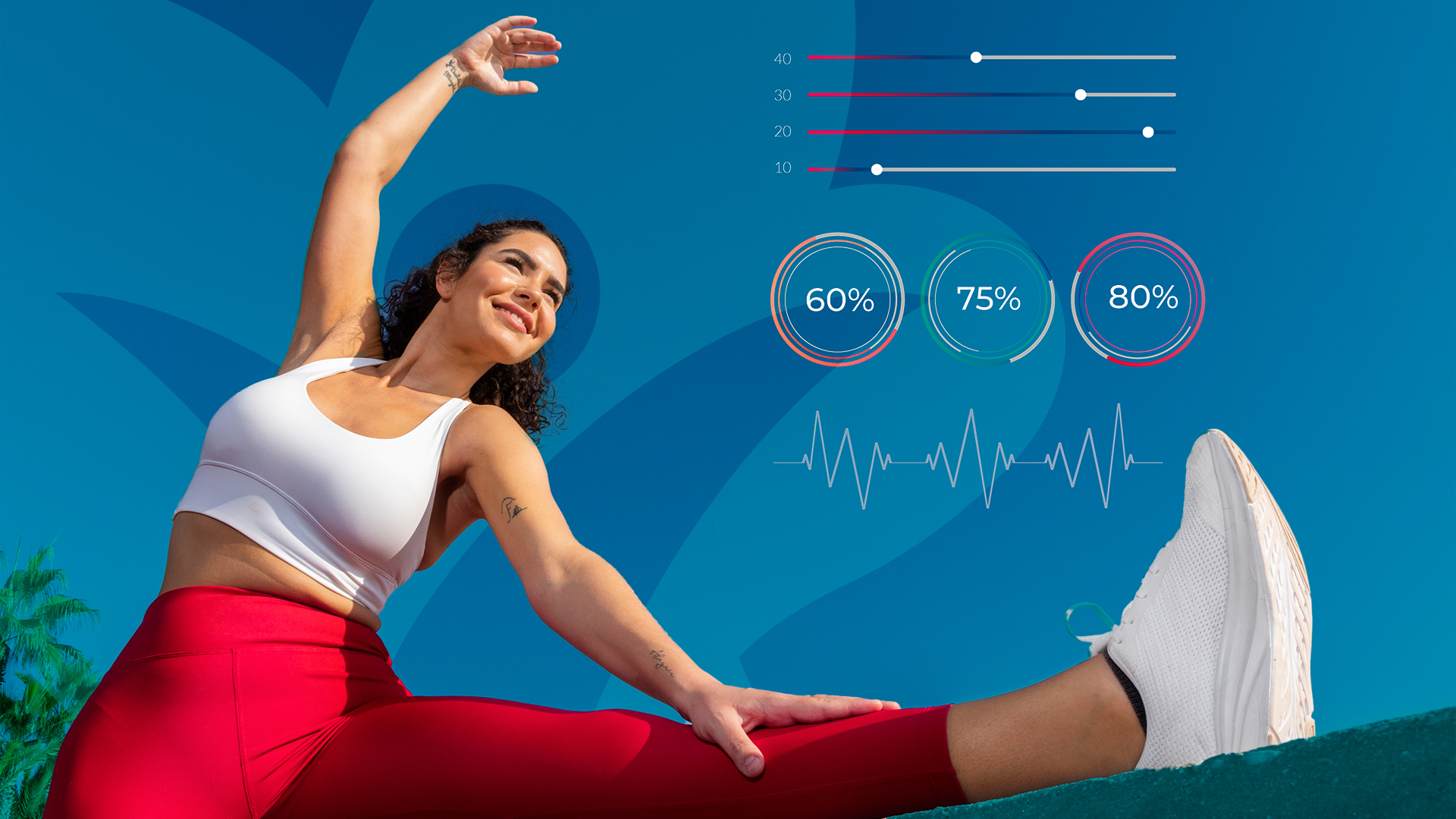Your health is your most valuable asset. Keeping an eye on essential health metrics can significantly impact your overall well-being. Regular monitoring empowers you to detect changes early and act promptly, potentially avoiding chronic conditions and enhancing your quality of life.
Why Tracking Your Health Metrics Matters
Imagine knowing exactly when to intervene before a minor issue becomes a serious health problem. Regularly tracking health metrics gives you the power to proactively manage your health effectively. By understanding key indicators of health, you can make informed decisions that improve your lifestyle and prevent disease.
In this guide, we break down seven crucial health metrics to monitor, how they impact your health, and practical steps to improve them.
1. Blood Pressure
High blood pressure, or hypertension, is known as the silent killer because it rarely shows noticeable symptoms until it becomes severe. Uncontrolled high blood pressure increases your risk of heart disease, stroke, and kidney failure.
Ideal Range
- Normal: Less than 120/80 mmHg
- Elevated: 120-129/80-89 mmHg
- High: 130/80 mmHg or higher
Actionable Tips
- Reduce sodium intake: Avoid processed and fast foods, which are loaded with sodium. Instead, opt for fresh fruits, vegetables, and herbs to season food (American Heart Association).
- Engage in regular physical activity: Aim for at least 30 minutes of moderate exercise, five times a week, such as brisk walking, cycling, or swimming. Exercise helps lower blood pressure naturally (CDC Physical Activity Guidelines).
- Manage stress through mindfulness or yoga: Chronic stress can lead to sustained high blood pressure. Daily mindfulness practices, including deep breathing exercises, meditation, or yoga, can help lower stress levels (National Institute of Mental Health).
- Monitor your blood pressure at home: Invest in a home blood pressure monitor to track changes and share results with your doctor.
2. Cholesterol Levels
Maintaining balanced cholesterol is essential for heart health. High LDL (“bad”) cholesterol can lead to plaque buildup in arteries, increasing the risk of heart attacks and strokes.
Ideal Range
- LDL (bad cholesterol): Below 100 mg/dL
- HDL (good cholesterol): Above 60 mg/dL
- Total cholesterol: Below 200 mg/dL
Actionable Tips
- Consume heart-healthy fats: Include omega-3-rich foods, such as fatty fish (salmon, mackerel), flaxseeds, and walnuts, to boost HDL levels (Harvard T.H. Chan School of Public Health).
- Limit saturated and trans fats: Replace red meat and fried foods with lean proteins (poultry, tofu) and healthy oils (olive oil, avocado oil) (Mayo Clinic Guide).
- Exercise regularly: At least 150 minutes per week of moderate-intensity activity can significantly improve cholesterol levels (American College of Sports Medicine).
- Consider plant sterols and fiber: Foods like oats, barley, beans, and almonds help reduce LDL cholesterol.
3. Blood Glucose Levels
Consistently high blood glucose levels can indicate prediabetes or diabetes, increasing the risk of nerve damage, kidney disease, and cardiovascular complications.
Ideal Range
- Normal: 70-100 mg/dL (fasting blood glucose)
- Prediabetes: 100-125 mg/dL
- Diabetes: 126 mg/dL or higher
Actionable Tips
- Eat fiber-rich foods: Whole grains, legumes, and vegetables stabilize blood sugar levels and improve insulin sensitivity (American Diabetes Association).
- Exercise regularly: Engage in at least 150 minutes of physical activity weekly, such as walking or resistance training, to lower glucose levels (CDC Diabetes Prevention).
- Reduce sugar intake: Limit sugary beverages, white bread, and processed foods in favor of low-glycemic index foods like lentils, quinoa, and leafy greens (Harvard Medical School).
4. Body Mass Index (BMI)
BMI is a measure of body fat based on height and weight. A high BMI may indicate an increased risk for conditions such as heart disease, diabetes, and hypertension.
Ideal Range
- Normal: 18.5-24.9
- Overweight: 25-29.9
- Obese: 30 or higher
Actionable Tips
- Adopt portion control strategies: Use smaller plates, measure portions, and avoid oversized servings(Academy of Nutrition and Dietetics).
- Engage in a balanced fitness routine: A combination of strength training and cardiovascular exercise helps maintain a healthy BMI (World Health Organization).
- Follow the MyPlate method: Structure meals with 50% vegetables, 25% lean protein, and 25% whole grains(USDA MyPlate Guide).
5. Resting Heart Rate
A lower resting heart rate is generally a sign of better cardiovascular fitness.
Ideal Range
- Normal: 60-100 bpm
- Athletes: 40-60 bpm
Actionable Tips
- Incorporate high-intensity workouts: Activities like running, swimming, and interval training strengthen heart efficiency (American Heart Association).
- Practice stress reduction techniques: Activities such as meditation, progressive muscle relaxation, and controlled breathing can stabilize heart rate (National Center for Complementary and Integrative Health).
6. Sleep Quality and Duration
Sleep is essential for cognitive function, mood regulation, and overall health.
Ideal Range
- Adults: 7-9 hours per night
Actionable Tips
- Follow a bedtime routine: Avoid screens an hour before bed, read, and dim lights (National Sleep Foundation).
- Optimize your sleep environment: Keep the room cool, dark, and free from noise.
7. Hydration Levels
Staying hydrated ensures optimal digestion, circulation, and temperature regulation.
Ideal Hydration
- Men: 3.7 liters daily
- Women: 2.7 liters daily
Actionable Tips
- Set hydration reminders: Use apps or alarms to prompt fluid intake (Mayo Clinic).
- Eat water-rich foods: Include cucumbers, watermelon, and oranges (Cleveland Clinic).
Take Control of Your Health Today
Consistently tracking these key metrics can greatly enhance your health management. Regular check-ups with healthcare providers complement your tracking efforts and ensure holistic wellness.
Ready to dive deeper into health management strategies? Explore other health-focused articles and resources right here on our website, or schedule a personalized consultation to take your health to the next level today.


